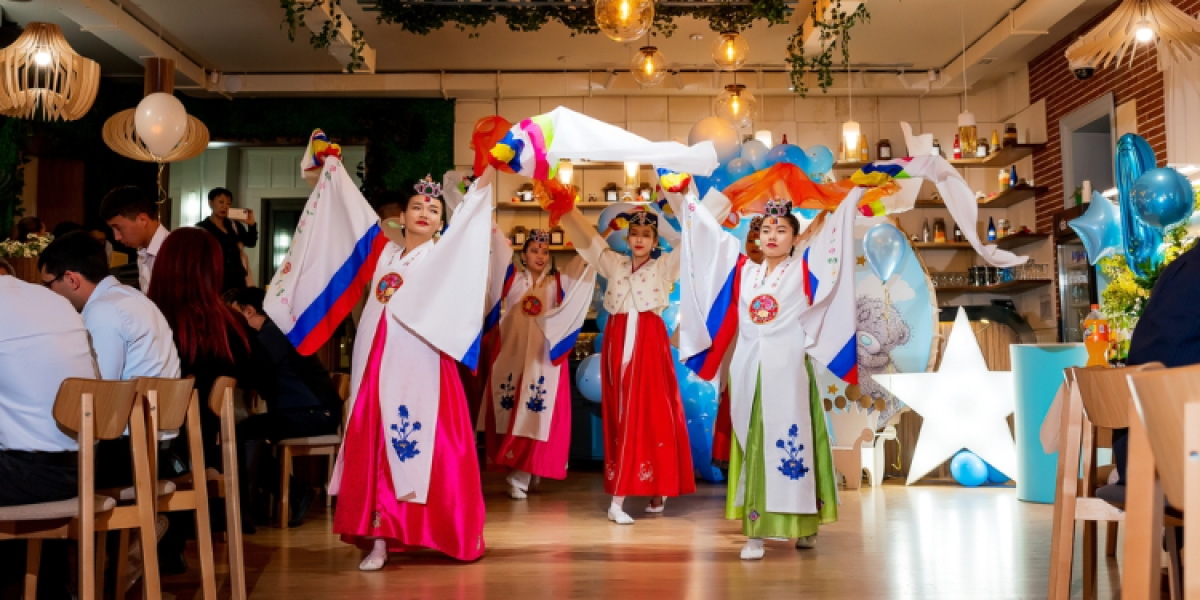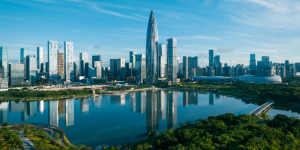
When considering cultural immersion, we often picture a new language learning experience. Indeed, the idiom matches this definition. But what if we told you this immersion could bring much more than language learning? Without a doubt, culture is everything, and most of the time, this is what expats are looking for. But it also attracts culturally diverse artists willing to study, attend an event or carry out their art in a country.
When traveling to a country requiring a visa, choosing between tourism, culture, or business is not always easy.
What is a cultural visa?
When traveling solely for cultural purposes, a particular visa will be mandatory, depending on your destination. Comparatively to a holiday visa, a tourist visa, or a student visa, there might be specifications and time limits.
This visa comes in handy for people willing to carry out various activities like studying in the cultural sector, attending an event, or for any other culture-related activity (sometimes prescribed as non-remunerated according to the destination; otherwise, a work visa is mandatory).
Countries offering cultural visas
If you want to dive into a country's culture, some of them offer cultural visas. Still fairly unknown to the public, having this will allow you to live in some of these countries for an average to a long period. It's very convenient, especially for fresh expats who don't fall under any other “classic” visa categories.
In the Schengen Area (which comprises the following countries: Germany, Austria, Belgium, Croatia, Denmark, Spain, Estonia, Finland, France, Greece, Hungary, Iceland, Italy, Latvia, Liechtenstein, Lithuania, Luxembourg, Malta, Norway, The Netherlands, Poland, Portugal, Czechia, Slovakia, Slovenia, Sweden and Switzerland), a Schengen Cultural Visa is available for travelers for cultural purpose, especially to attend cultural events. This short-stay visa gives them access to the entire Schengen area for a maximum of 90 days. However, applicants for this visa need a compulsory authentic motive that should be valid and documented for cultural purpose to be eligible for Cultural Schengen Visa.
South Korea has gained popularity lately with its new cultural visa. With the advent of K-Culture in the Western world, including famous K-Pop and K-Drama, the country where the tourism sector suffered from Covid 19 is de facto trying to attract new talents and artful people. Thus, Korea smoothed out the visa D 10 procedures, also known as Visa Hallyu, which allows foreigners from the cultural industry to settle in Korea. The word “Hallyu” means “Korean wave” and perfectly defines the growing success of Korean culture worldwide; it gathers Korean music, manhwas (Korean mangas), video games, clothing, food, sports, tourism, make-up, and even Korean language itself -- which gives broad choices in terms of promising fields for prospective expats and contributes to full immersion in the Korean culture. To obtain this visa, firstly, candidates should register in a government-appointed school. Unfortunately, details regarding this new visa haven't been announced yet, but further information should be officialized in the coming weeks. This means that those craving K-Culture will soon be able to travel to the country in the best conditions.
Japan also offers this type of cultural visa, allowing foreigners to travel for studies or to acquire any skills related to the art field. Despite all the benefits of this visa for art and cultural knowledge, prospective expats in Japan are more likely to choose traditional visas like student, work, or partner visas. In fact, Japan's cultural visa is not much promoted by the local authorities because, as opposed to studies or work, cultural projects are less financially alluring to the economy. To be eligible for this visa, you should get sponsorship from an art school or an expert/teacher. Thereafter, you are required to bring together all the necessary documents and send your request.
The United Arab Emirates is becoming increasingly popular for its openness to the world of art and culture. It is now possible to combine the exploration of this amazing country with a career in the arts and culture sector thanks to Dubai's cultural visa. The country is currently seeking artists, musicians, or performers willing to settle down, regardless of their professional status or discipline. This visa is particularly interesting for its extensive validity, which is 10 years, automatically renewable within the required conditions. To be eligible for this visa, note that you must be aged 25 at least and be already on the spot at the time of application.
The US Q1 visa is provided to international cultural exchange program candidates in the United States. This exchange program gives access to practical training and jobs while enjoying the US culture, history and traditions.
The UK Global Talent visa allows foreigners to work in the arts, literature, music, drama, cinema, or television fields in the UK. Still, you will have to prove your know-how, as this visa is not easy to obtain. You must demonstrate that you are an expert in your field and be sponsored by an approved institute.
Lastly, the Talent (Arts, Culture, Sports) Work Visa in New Zealand is reserved for outstanding talents. As for the UK, applicants must justify their undoubted aptitude in the specified art field. This visa, valid for up to 30 months, should be attached to sponsorship and sustained by an acknowledged New Zealand institution in one's field.
Cultural visas are practical for foreigners who want to enjoy full immersion in a country while studying the thing they are passionate about or working in their dream field. They are a real gateway for new talents in destinations like South Korea or the United Arab Emirates. So if you're keen on moving to one of these countries, start by inquiring whether you are eligible.



















